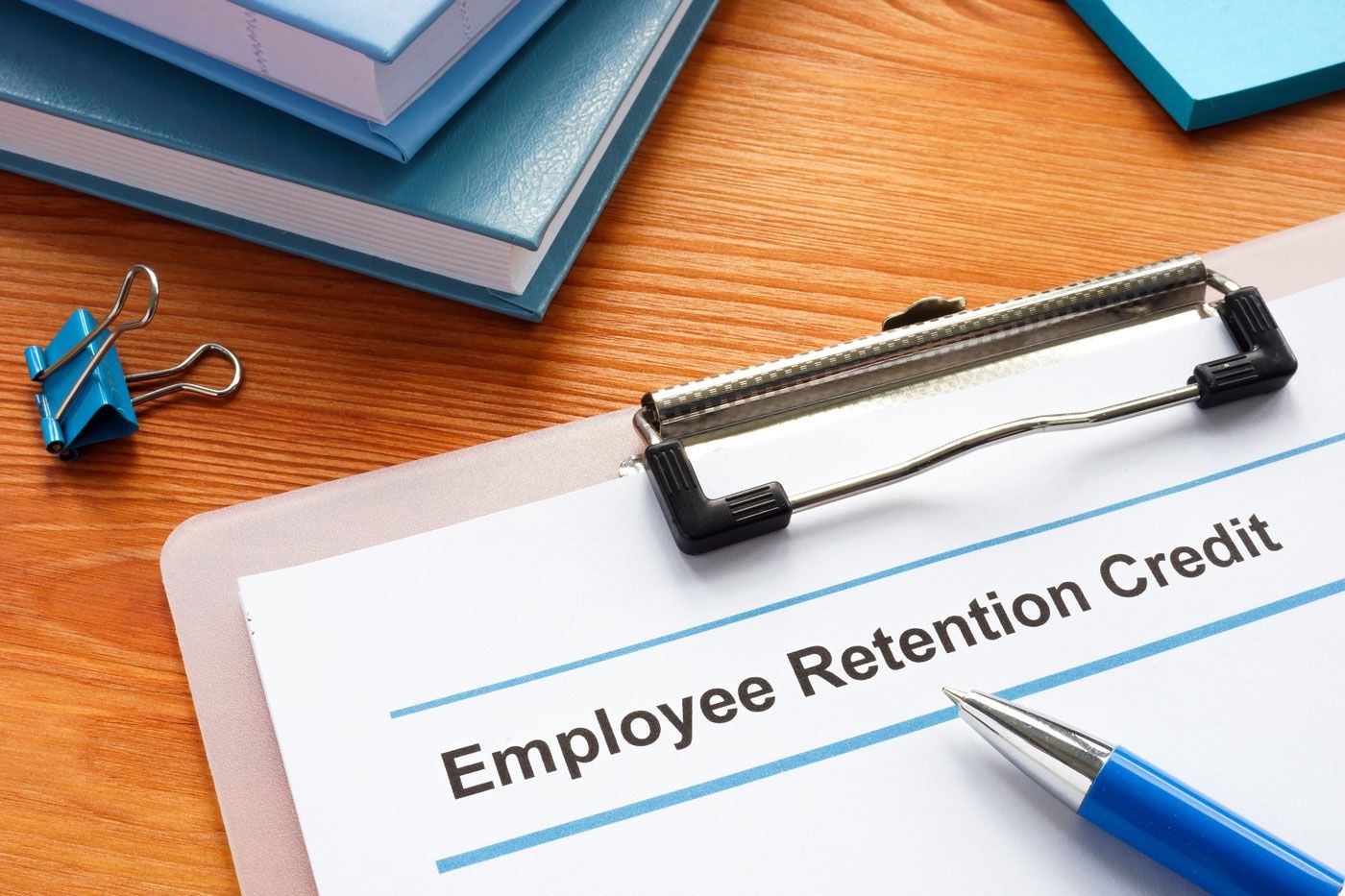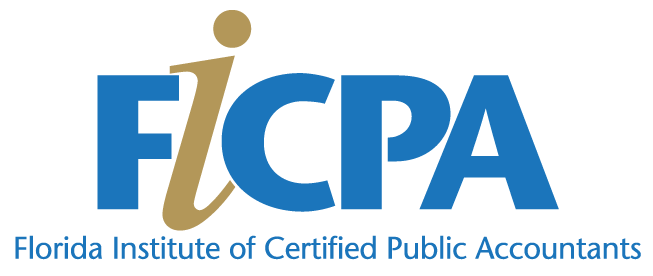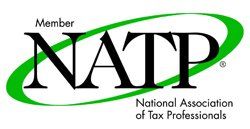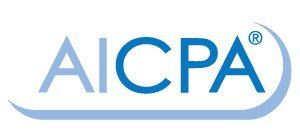Self-Insured Plans: Nondiscrimination Rules
Self-Insured Plans: Nondiscrimination Rules and COVID-19 Expenses

Question: We're changing our company's group health (major medical) plan from fully insured to self-insured next year. Will our plan have to comply with nondiscrimination rules and, if so, what do these rules require?
Answer: Self-insured health plans are subject to two nondiscrimination tests under the Internal Revenue Code — the Eligibility Test and the Benefits Test. These tests are designed to prevent a self-insured health plan from unduly favoring employees who are highly compensated individuals (HCIs).
Definition of an HCI
An HCI for this purpose is an individual who is:
1. One of the five highest-paid officers;
2. A shareholder who owns more than 10% of the value of the employer's stock (determined using specified ownership attribution rules); or
3. Among the highest-paid 25% of all employees (with certain exclusions).
If your company is part of a group of related businesses, you will need to determine whether testing must be performed on the group as a whole. If the plan fails one or both tests, employees who are HCIs will be taxed on a portion of their plan benefits. Here's an overview of the two tests.
- Eligibility Test. Eligibility testing answers this basic question: Are enough non-HCIs benefiting from the plan? Code Section 105(h) provides three alternative ways to pass the Eligibility Test. The "70% Test" generally is passed if at least 70% of all nonexcludable employees (the rules permit certain categories of employees to be excluded) are covered by the plan.
The "70%/80% Test" generally is passed if at least 70% of all nonexcludable employees are eligible for the plan and the plan benefits at least 80% of those who are eligible.
Finally, the "Nondiscriminatory Classification Test" is more complicated and includes both "facts and circumstances" and mathematical components: In general, there must be: 1) a bona fide business classification (in other words, a legitimate business reason) for any exclusion of non-HCIs; and 2) a sufficient ratio of benefiting non-HCIs to benefiting HCIs. - Benefits Test. Benefits testing asks whether all participants are eligible for the same benefits. It ensures that HCIs aren't getting better benefits or making lower contributions for the same benefits.
The Benefits Test looks at both the plan document (by requiring that the plan's terms as written don't discriminate) and plan operation (by considering, on a "facts and circumstances" basis, whether, for example, the timing of a plan amendment that adds or eliminates a particular benefit operates to favor one or more HCIs).
Although these tests may seem complicated, their complexity in practice depends on your plan design and the structure and demographics of your workforce. Keep the rules in mind as you design and prepare to implement your new plan. You may also wish to discuss testing services while selecting a third-party administrator (TPA) for the plan.
Questions to ask include:
- What testing services are available,
- When testing will be performed, and
- Whether additional fees apply.
Cafeteria Plans
Note that if your company also maintains a cafeteria plan (permitting employees to make pre-tax contributions for medical plan coverage or other benefits), the cafeteria plan is subject to additional nondiscrimination rules under the tax code.
Lastly, note that the discussion above relates only to the code's nondiscrimination rules relating to favorable tax treatment of benefits for self-insured health plans. Other laws prohibit other types of discrimination under self-insured health plans (for example, discrimination based on health status, age, disability, race, or sex).
This article covers the general rules. Consult with us and ask questions about your situation.
Munoz & Company
4600 W. Cypress Street, Suite 465
Tampa, Florida 33607
Tel:
813-868-3015
2963 Gulf To Bay Blvd, Suite 325
Clearwater, Florida 33759
Tel:
727-791-7879
1420 Celebration Blvd, Suite 200
Celebration, FL 34747
Tel:
407-566-2035












